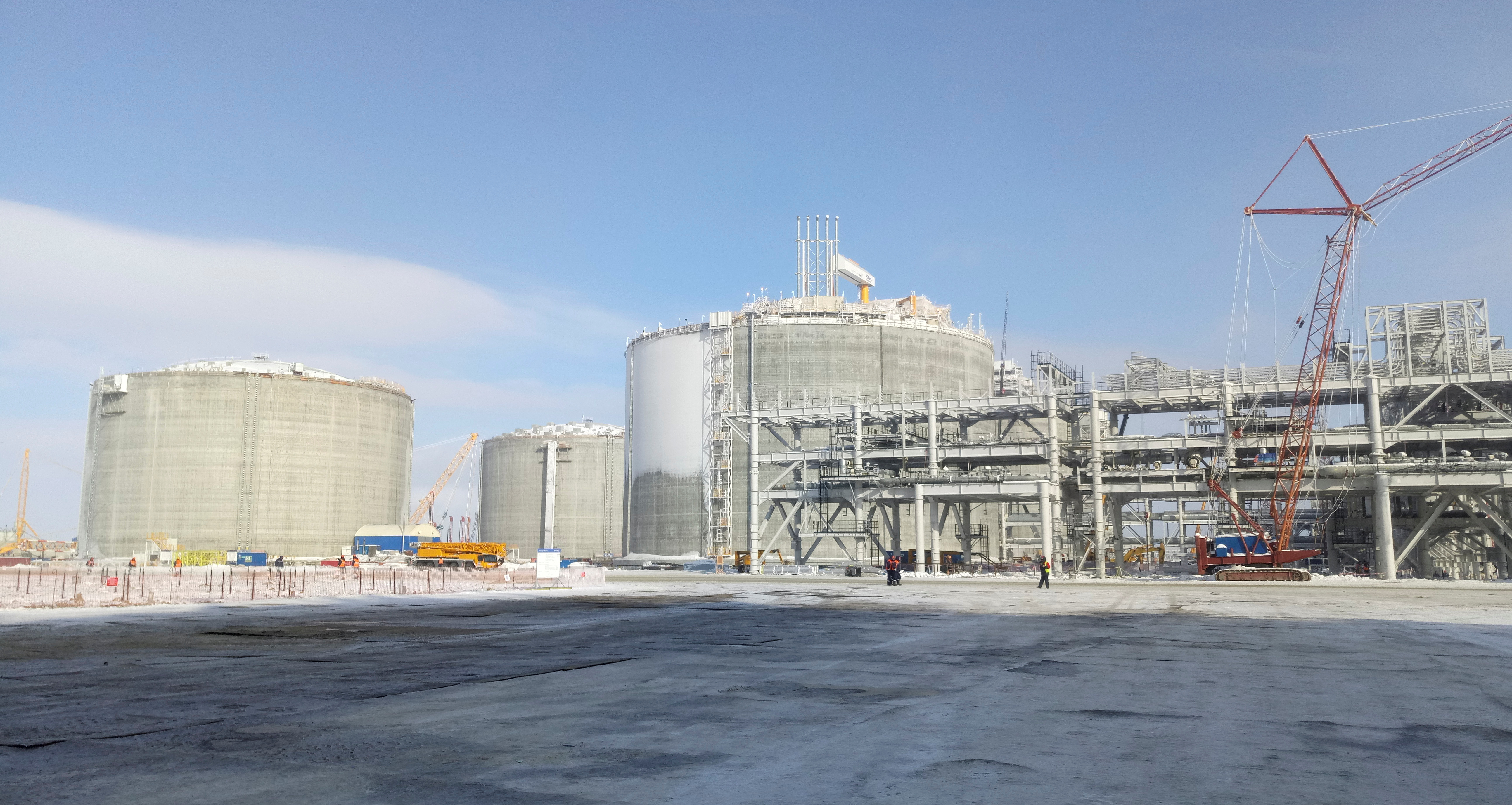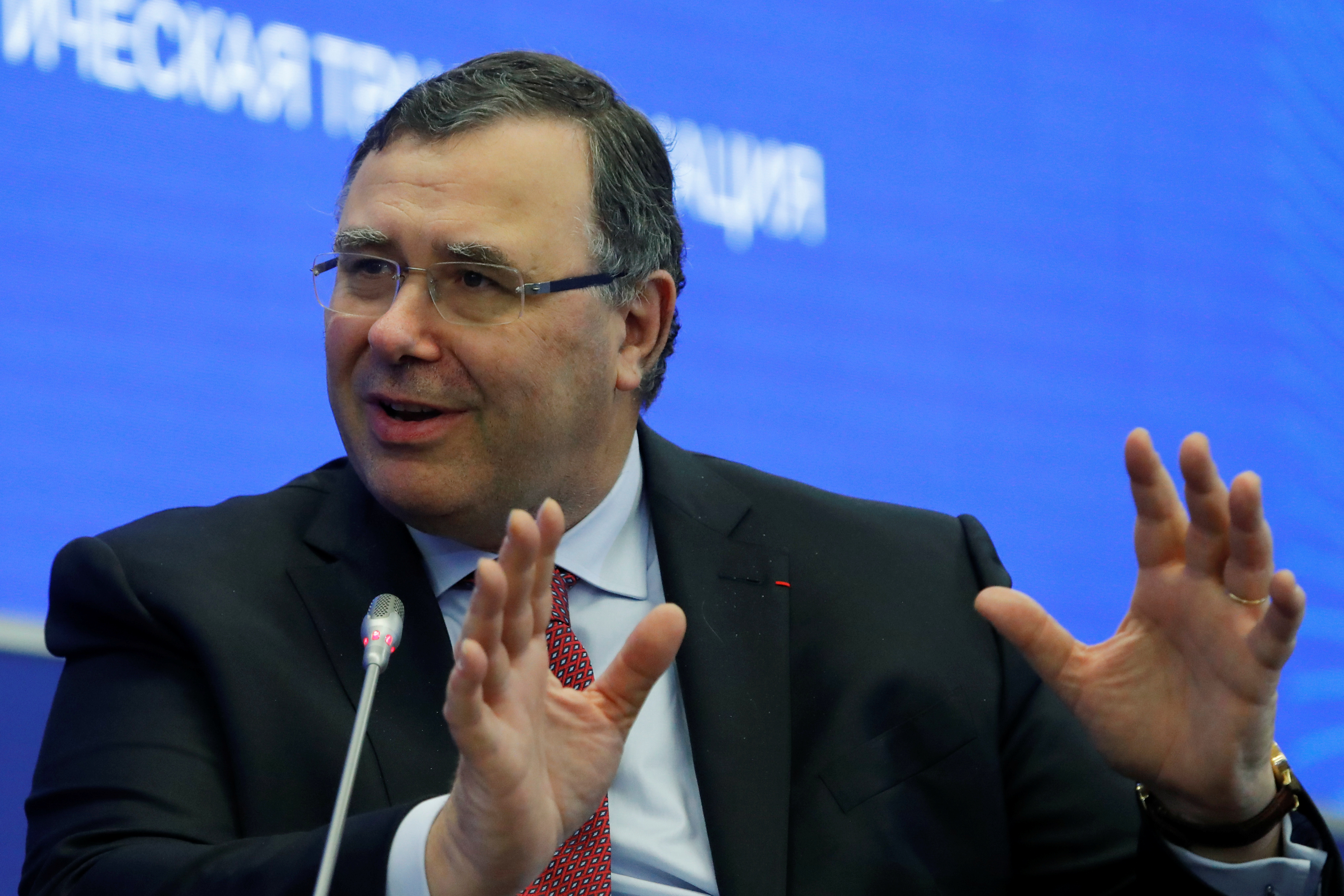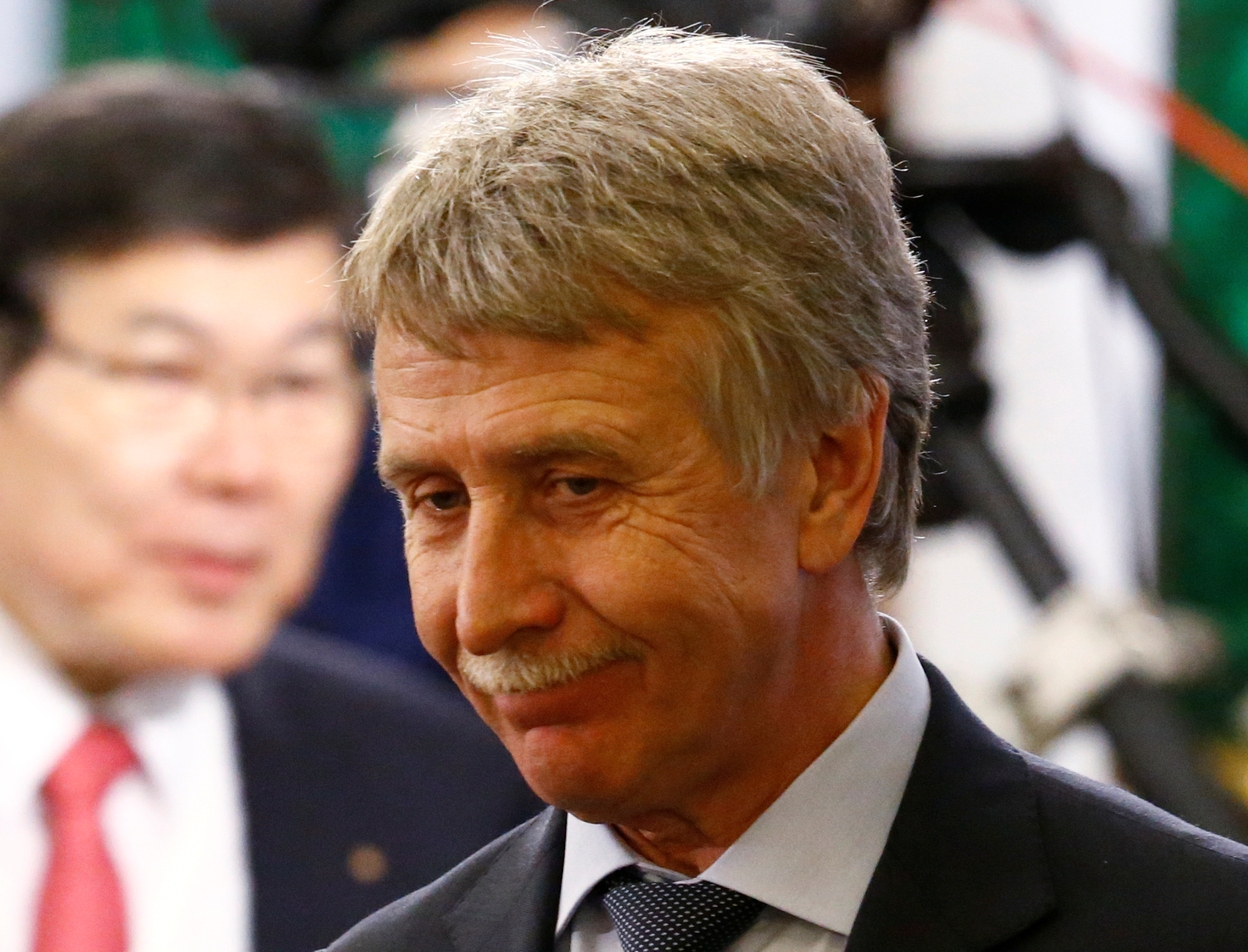France’s Total has acquired a stake in Novatek’s Arctic LNG 2 project
ANALYSIS: The French company already has a stake in Novatek's existing Arctic LNG project. The move double's down on the two companies' partnership in the region.

French energy company Total has secured a 10 percent direct stake in Novatek’s Arctic LNG 2 project, further expanding the two companies’ cooperation in natural gas production in the Arctic.
Novatek’s Chairman of the Board Leonid Mikhelson and Total’s CEO Patrick Pouyanné signed a binding agreement in Saint Petersburg for the $25.5 billion project last week. The transaction is expected to close before March 31, 2019.
Total also holds a 19 percent ownership stake in Novatek itself, bringing the French company’s overall economic interest in this new Arctic LNG venture to around 21.5 percent. The two companies already partner on the giant $27 billion Yamal LNG (Liquefied Natural Gas) project which began production in December 2017.
“This is an another important step for Novatek to become a serious player on the LNG market. Total’s continued support will help to find additional money for the project and ensure political support in Europe,” explains Stanislav Pritchin, Fellow of the Russia and Eurasia Program at Chatham House.

LNG is key for Russia
Arctic LNG 2 is seen as a crucial step to Russia’s long-term goal of becoming a major LNG producer. Together the two natural gas plants will produce around 36 million tons of LNG annually — 16.5 million tons from Yamal LNG and 19.8 million tons from Arctic LNG 2. The country aims to double its share of global LNG production from currently 4 percent to 8 percent by 2020 and catch up to market leader Qatar with 30 percent market share over the next decade.
The continued involvement of Total in Russia’s energy sector and Novatek’s success in financing multi-billion dollar projects highlight the Kremlin’s ability to attract international partners despite Western sanctions. This latest deal between the two companies was signed in the presence of President Putin and French President Macron.
Total bets on Novatek
The French energy major has been investing in natural gas production in Russia for nearly 25 years and sees Arctic LNG 2 as a strategic partnership to develop the country’s vast gas resources and deliver LNG to the strongly growing Asian market, the company’s CEO explained. Under the agreement Total will also have the opportunity to acquire a 10-15 percent direct stake in any of Novatek’s future LNG projects on the Yamal and Gydan peninsula.
Novatek operates in direct competition with Russia’s state-owned natural gas giant Gazprom, which holds a monopoly on the export of natural gas, with the exception of LNG. “The implementation of this project in the Russian Arctic will bring Novatek political respect within Russia and strengthen its position in competition with Gazprom,” Pritchin told High North News.
Yamal LNG, Arctic LNG 2 and beyond
Despite a host of obstacles to develop its Arctic LNG ventures, including western sanctions, the harsh Arctic climate, and the region’s remoteness, Novatek has been successful in attracting international partners and beginning production ahead of schedule. Apart from Total’s 20 percent direct stake in Yamal LNG, China’s National Petroleum Corporation and China’s Silk Road Fund, also hold a 20 percent and 9.9 percent share respectively.
As Novatek intends to finance Arctic LNG 2 without state support — it received a number of direct and indirect subsidies for Yamal LNG — it is currently looking for additional investors, including from Saudi Arabia and China. In this respect the company signed Strategic Cooperation Agreements and Memoranda of Understanding with the China Development Bank, CNPC, and Saudi Aramco for close collaboration on the Arctic LNG 2 project.
Total’s commitment to Arctic LNG 2 will likely help in converting these agreements into legally-binding contracts. The importance of Total’s involvement was also confirmed by Mikhelson stating that “the entry of such a professional partner to Arctic LNG 2 already at an early stage confirms outstanding economic attractiveness and huge perspectives of LNG projects on the Yamal and Gydan peninsulas.”

Full steam ahead for Novatek
Part of the company’s long-term strategy to export LNG is the utilization of the Northern Sea Route to cut in half the time it takes to ship gas to markets in Asia. A growing fleet of 15 ice-class LNG carriers will plow the Arctic waters in a shuttle service between the Yamal port of Sabetta and facilities in Europe and Asia. To improve efficiencies and streamline this process further Novatek will build a transshipment hub in Kamchatka to transfer the gas to cheaper-to-operate conventional LNG carriers once clear of ice-covered Arctic waters.
It also aims to operate its own fleet of LNG carriers and to eventually no longer rely on shipping companies, such as Dynagas and MOL to transport its LNG. For this purpose the company last week announced the creation of the Maritime Arctic Transport company. “This management company will optimize the costs of LNG shipments,” said Novatek’s press secretary Yury Melihov explained in a statement to High North News.
While economic prospects surrounding Novatek’s Arctic endeavors appear favorable, internal Russian political struggles over the regulation of and control over the Northern Sea Route spell uncertainty and recently jeopardized the safe delivery of a shipment of LNG. Furthermore, proposed requirements that vessels transporting LNG along the route are operated by or constructed in Russia may also dampen the company’s fast-paced growth.